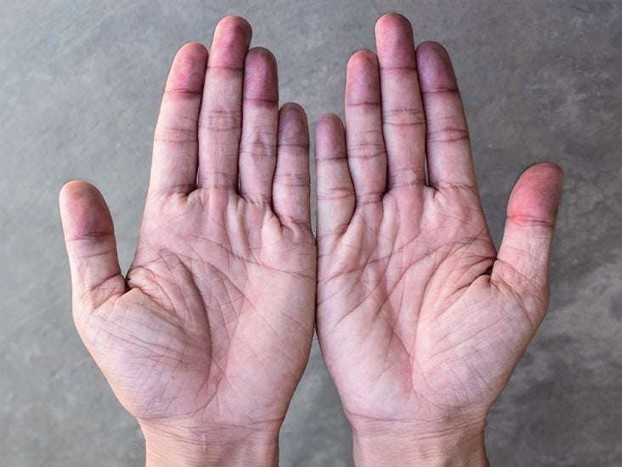A home health nurse is caring for a child who has Lyme disease. Which of the following is an appropriate action for the nurse to take?
Ensure the state health department has been notified.
Administer antitoxin.
Educate the family to avoid sharing personal belongings.
Assess for skin necrosis.
The Correct Answer is A
The nurse should ensure the state health department has been notified of the child’s Lyme disease, as it is a reportable disease in most states. Reporting helps to monitor the incidence and prevalence of Lyme disease and to implement prevention and control measures.
Choice B is wrong because antitoxin is not used to treat Lyme disease.
Antitoxin is a substance that neutralizes the effects of a toxin, such as botulism or tetanus. Lyme disease is caused by a bacterium called Borrelia burgdorferi, which can be treated with antibiotics.
Choice C is wrong because Lyme disease is not transmitted by sharing personal belongings. Lyme disease is spread to humans by the bite of infected ticks that carry the bacterium. The risk of getting Lyme disease can be reduced by avoiding tick-infested areas, wearing protective clothing, using insect repellent, and removing ticks promptly.
Choice D is wrong because skin necrosis is not a common complication of Lyme disease.
Skin necrosis is the death of skin tissue due to lack of blood supply or infection. Lyme disease can cause a characteristic skin rash called erythema migrans, which is usually circular or oval and expands over time. Other possible signs and symptoms of Lyme disease include fever, headache, fatigue, joint pain, and neurological problems.
Nursing Test Bank
Naxlex Comprehensive Predictor Exams
Related Questions
Correct Answer is D
Explanation

Cyanosis is a bluish discoloration of the skin and mucous membranes due to inadequate oxygenation of the blood. It is more difficult to detect in people who have dark skin, so the nurse should look for cyanosis in areas where the skin is thinner and the blood supply is richer, such as the palms of the hands, the lips, the gums, and around the eyes.
These areas are less affected by melanin, the pigment that gives skin its color.
Choice A is wrong because an area of trauma may have bruising or inflammation that can mask cyanosis.
Choice B is wrong because the sacrum is not a good site to assess for cyanosis in any skin tone, as it is prone to pressure ulcers and poor circulation.
Choice C is wrong because the shoulders are not a mucous membrane and may have more melanin than other areas of the body.
Correct Answer is B
Explanation
The correct answer is choice b. Using an electronic messaging system to remind clients when to take medications.
Choice A rationale:
Educating clients about contraindications to specific immunizations is an example of primary prevention, which aims to prevent disease before it occurs.
Choice B rationale:
Using an electronic messaging system to remind clients when to take medications is an example of tertiary prevention. It helps manage an existing condition (HIV) by ensuring adherence to treatment, thereby preventing complications and improving quality of life.
Choice C rationale:
Providing clients with information about the benefits of exercise is generally considered primary prevention, as it aims to promote overall health and prevent disease.
Choice D rationale:
Helping clients understand health screenings covered by their insurance plans is an example of secondary prevention, which focuses on early detection and treatment of disease.
Whether you are a student looking to ace your exams or a practicing nurse seeking to enhance your expertise , our nursing education contents will empower you with the confidence and competence to make a difference in the lives of patients and become a respected leader in the healthcare field.
Visit Naxlex, invest in your future and unlock endless possibilities with our unparalleled nursing education contents today
Report Wrong Answer on the Current Question
Do you disagree with the answer? If yes, what is your expected answer? Explain.
Kindly be descriptive with the issue you are facing.
